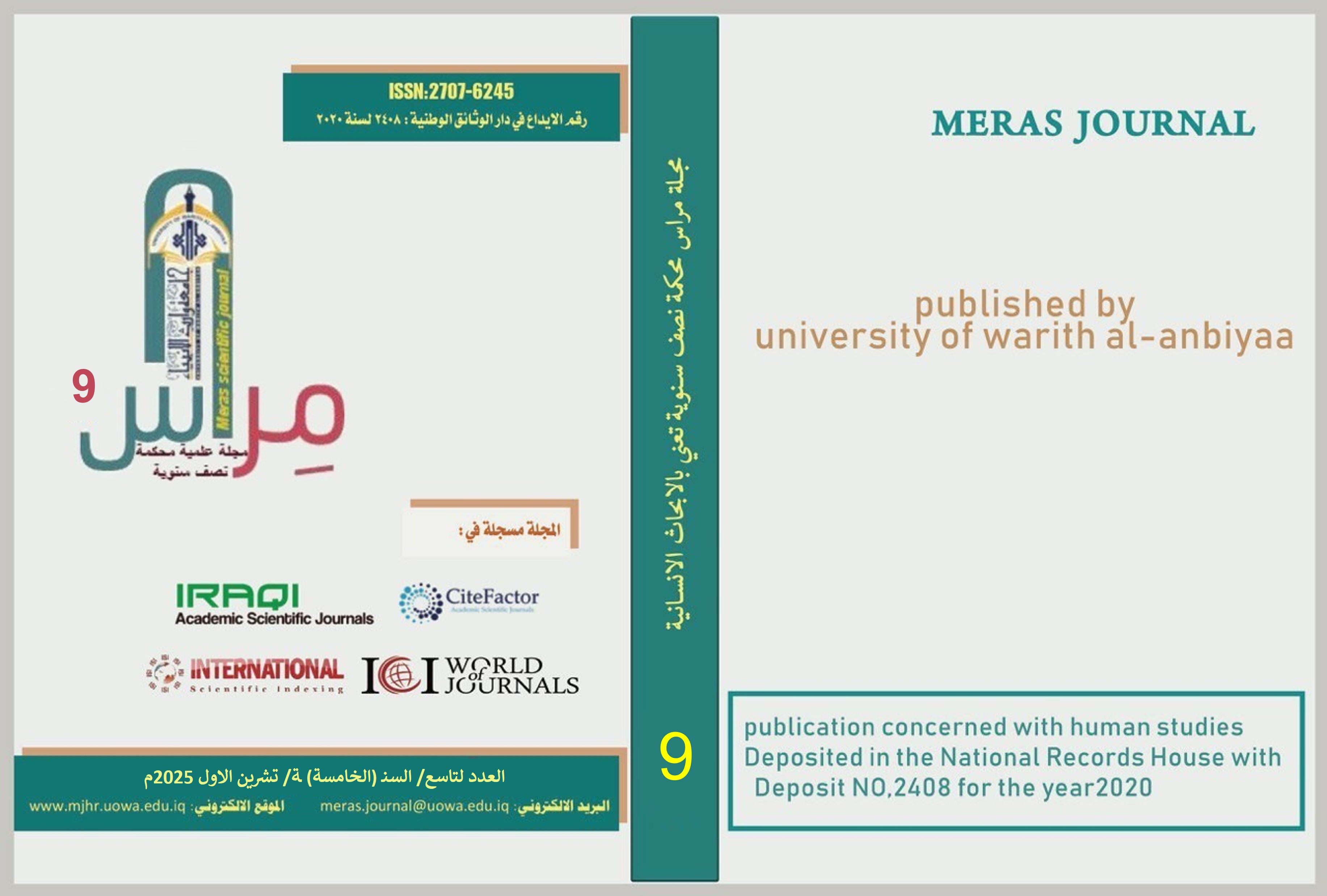Intellectual Transformation in the Thought of the Theologians Abu al-Ḥasan al-Ashʿari and al-Qaḍi ʿAbd al-Jabbar al-Muʿtazili: Selected Models))
DOI:
https://doi.org/10.57026/mjhr.v2i9.117Keywords:
Intellectual transformation; Abu al-Ḥasan al-Ashʿari; al-Qaḍi ʿAbd al-Jabbar al-Muʿtazili; theological phases; doctrinal and political causes.Abstract
Intellectual Transformation in the Thought of the Theologians Abu al-Ḥasan al-Ashʿari and al-Qaḍi ʿAbd al-Jabbar al-Muʿtazili: Selected Models
The intellectual transformation undergone by two of the most prominent Islamic theologians marked a critical juncture in the history of ʿIlm al-Kalam (Islamic speculative theology). The first, Abu al-Ḥasan al-Ashʿari (d. 324 AH), experienced a profound shift in thought, one that led him not only to abandon but also to actively repudiate the very doctrines he had upheld for thirty years. This belated moment of intellectual awakening prompted his departure from his earlier positions and enabled him to establish a new theological school—Ashʿarism—around which a significant number of later theologians would rally. The second figure, al-Qaḍi ʿAbd al-Jabbar al-Muʿtazili (d. 415 AH), emerged nearly a century after al-Ashʿari, and his intellectual transformation represented a turning point within Muʿtazili thought during the fifth century AH.





